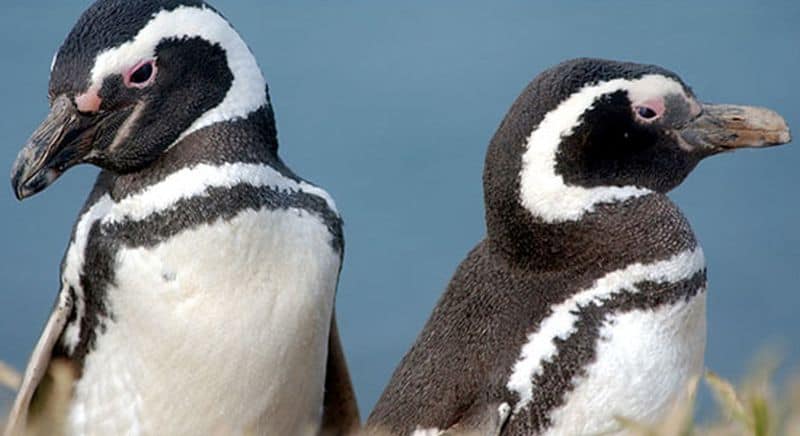Magellanic penguins live off the coasts of Chile and Argentina and also on the Falkland islands. There was a time when they were in huge numbers, but today their number is only dwindling. P. Dee Boersma, a biologist at the University of Washington, has been observing the Magellanic penguins present in Punta Tombo, Argentina, for almost 30 years and she bears a mute witness to the gradually lessening numbers of these majestic creatures.
Apart from the fact that we are losing out on such wonderful sea creatures, an issue that is more concerning is that the dwindling numbers of Magellanic penguins who are also regarded as the ‘Marine sentinels’, only suggests that there is something grievously wrong with our Marine environment.
Over fishing, uncontrolled dumping of toxic wastes, oil spills and garbage dumping in the ocean and the drastic climatic changes have perhaps made life only more difficult for these little penguins, which grow up to 27 inches on an average and weigh close to 11-12 pounds. These penguins can swin close to 100 miles per day, but because of food shortage, these birds have to swim some 40 miles farther from their nest. It is because of such harsh conditions that even the penguin parents, who lay two eggs, have to prefer the first hatched one in trying times.
The Punta Tombo colony is home to 200,000 breeding pairs of Magellanic penguins. Thus this place becomes possibly the largest colony of the Magellanic penguins. P. Dee Boersma, along with her graduate students and volunteer assistants have banded more than 50,000 birds in this colony.
Graham Harris, a conservationist who heads the Wildlife Conservation Society programs in Argentina, commented that changes in these penguins relative feeding patterns could reflect some major changes in the marine environment.
Source: IHT


